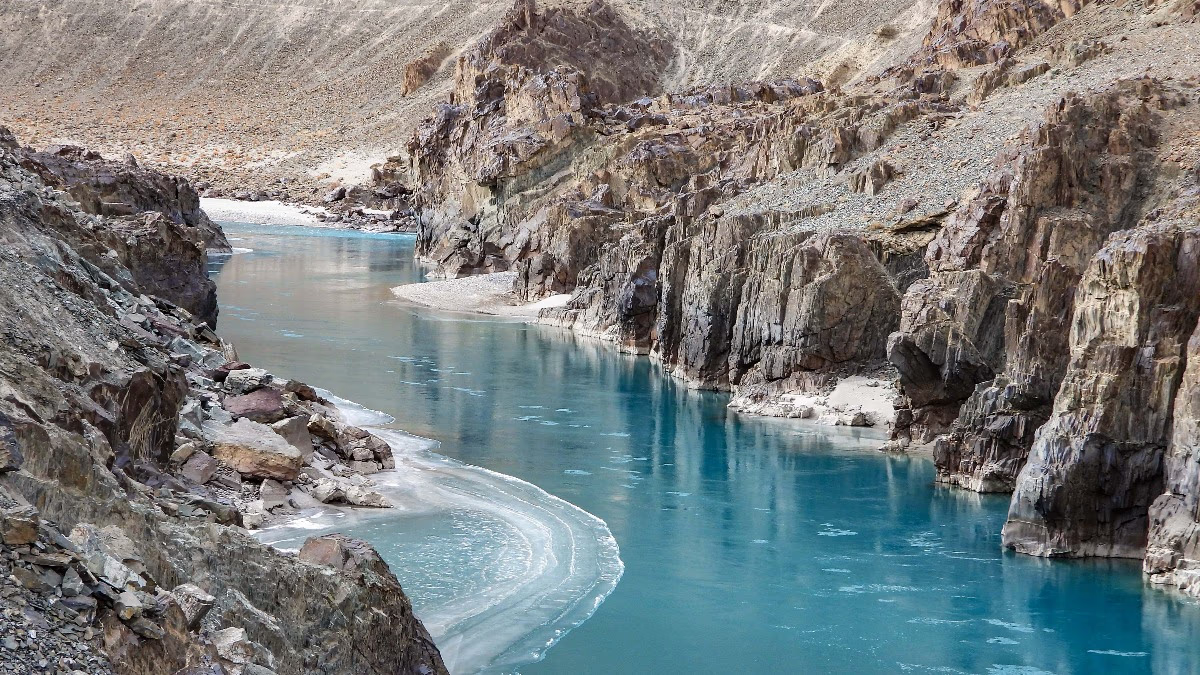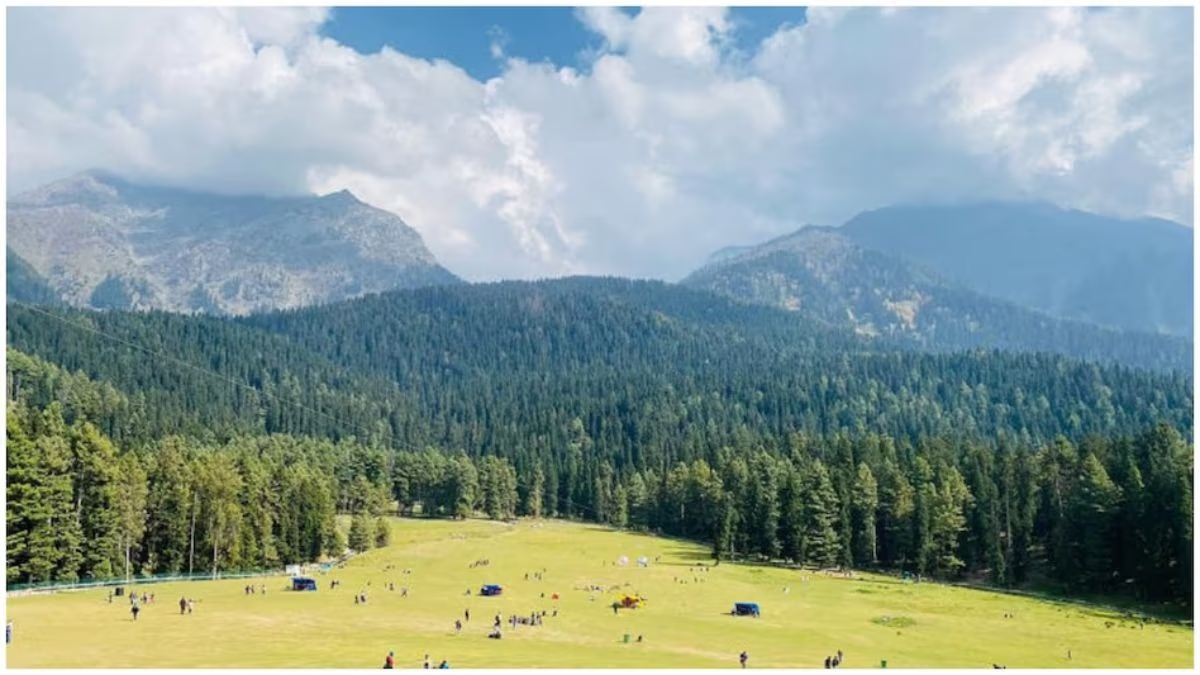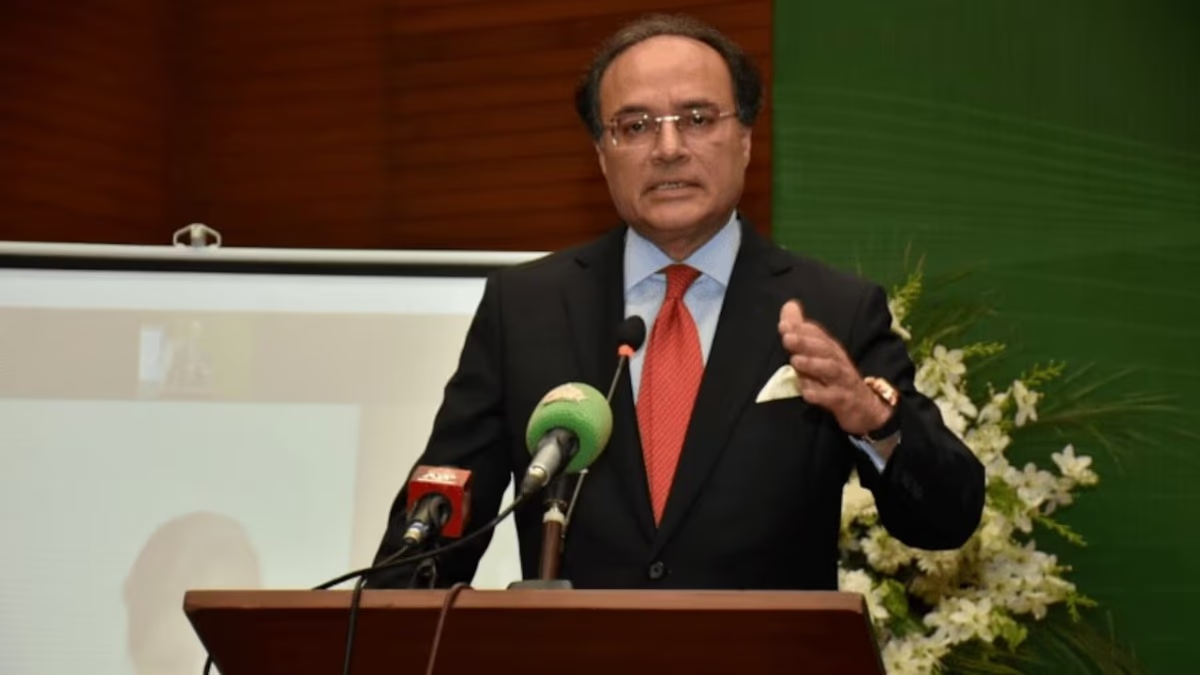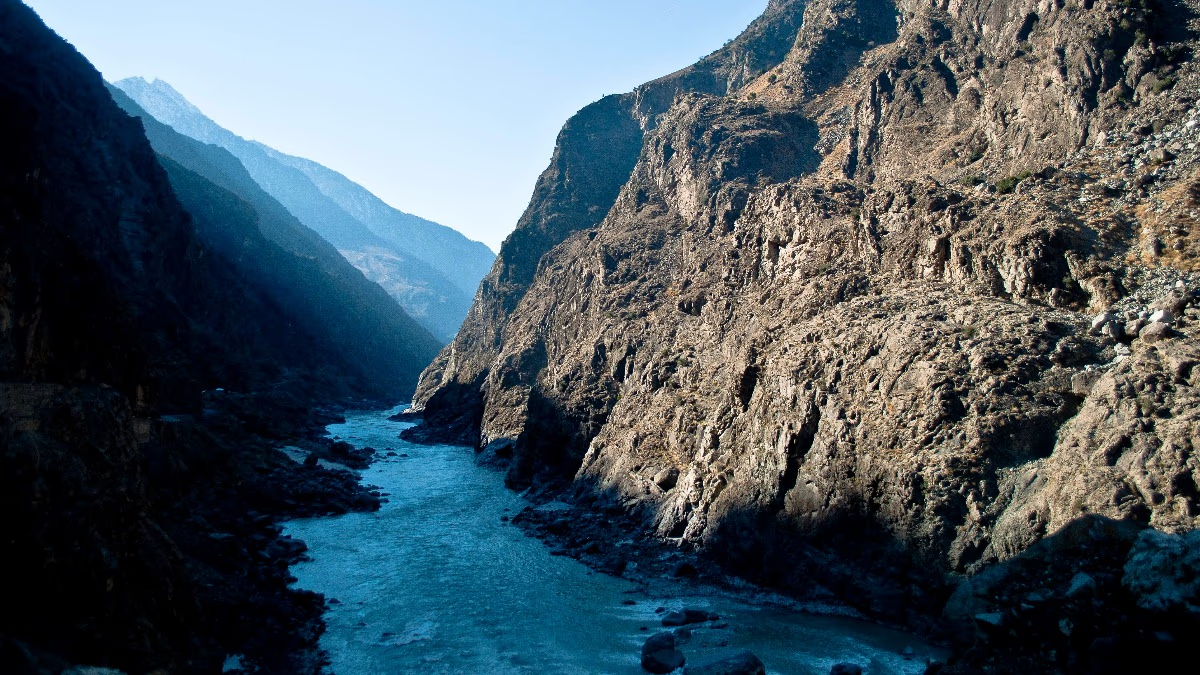Tensions between India and Pakistan have escalated following the suspension of the Indus Water Treaty after a terrorist attack in Pahalgam, Kashmir. This water source is crucial for millions of Pakistani farmers and citizens. The recent restriction of water flow has sowed fear among those dependent on the river, causing concern over agriculture, drinking water, and power shortages.
In Sindh, farmer Homla Thakur eyes his withering crops with distress, worried about a future with dwindling water levels as the sun beats down relentlessly. India's declaration to cease water flow increases his apprehension.
Speaking with urgency, farmers warn, "If India halts the water, the land will turn into a desert, and the nation will be doomed." Homla Thakur's fields sit in Latifabad, a region in Sindh where the Indus joins the Arabian Sea, having journeyed from Tibet through India to Pakistan.
Beyond Agriculture: Drinking Water Threatened
Local experts and other farmers echo concerns that India's potential chokehold on water flow could lead to serious crises. With reduced rainfall and climate changes, farming is already under stress.
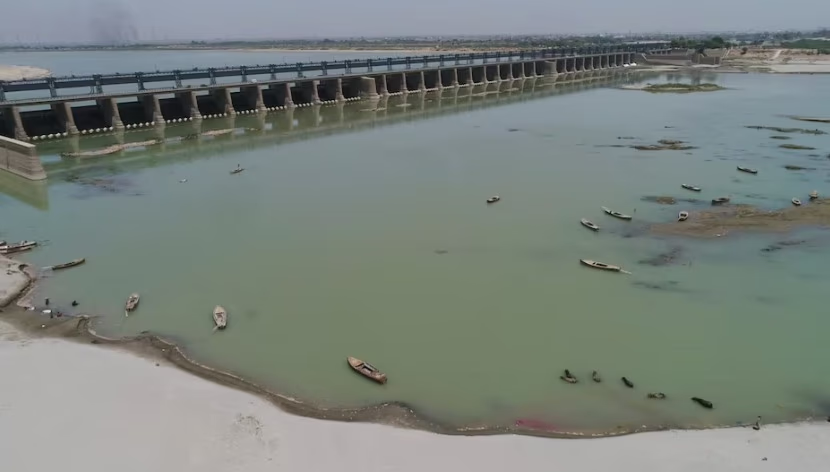
Source: aajtak
In Sindh, another farmer, Nadeem Shah, cultivates cotton, wheat, and vegetables. Nadeem fears that the blockage will not only impact agriculture but also create a scarcity of drinking water. He expresses faith in divine intervention, yet remains anxious about India's actions.
The Pakistan Agriculture Research spokesperson in Karachi, Ghasreeb Shaukat, highlights the uncertainty introduced by India's move. He explains, "Our options are limited. The rivers sustain not just crops but cities, power generation, and the livelihoods of millions."
World Bank Avoids Commenting on India's Decision
Following a terrorist incident aimed at tourists in Pahalgam, India enacted a five-point strategic response leading to the Indus Treaty suspension. Brokered by the World Bank in the 1960s, the treaty is vital for 80% of Pakistan's agriculture.
Regarding India's recent stance, the World Bank has refrained from commenting, emphasizing that while it once mediated, the matter now lies between the two nations. A World Bank spokesperson declined to offer remarks on India's decision.
Challenges for India in Sustaining the Water Halt
India maintains that this suspension remains until Pakistan fully stops supporting cross-border terrorism. Investigations reveal two of the three attackers on tourists were Pakistani nationals. While Pakistan denies these allegations, they pledged to cooperate in the probe.
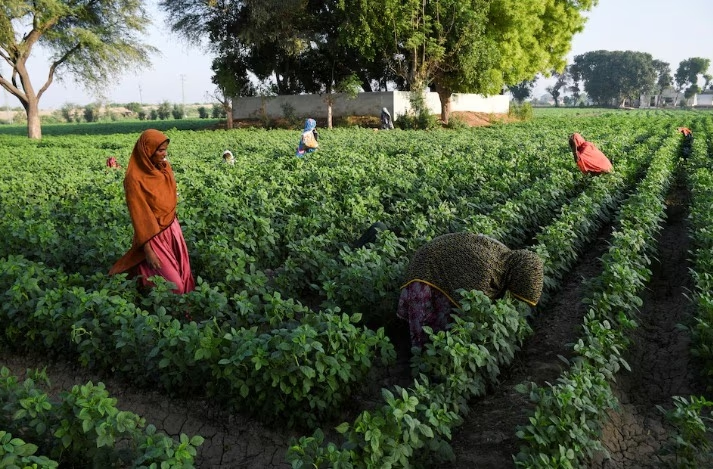
Source: aajtak
Earlier, Pakistan’s PM Shehbaz Sharif termed the treaty suspension as an "act of war," and despite India's stringent measures to cease the river's flow, experts say complete stoppage is currently difficult. However, the coming months might witness significant impacts.
Immediate Consequences of Indus Treaty Suspension for Pakistan
India is progressing with dam construction plans that could take years to complete. With the treaty suspended, India will cease sharing water flow data with Pakistan, halting annual meetings concerning related issues. Reuters cites information from Kushwinder Vohra, former Central Water Commission Chairman and Indian Indus Commissioner.
The opaque data situation leaves Pakistan without insights into river flow timings or levels, complicating planning efforts. This puts citizens at risk if sudden water surges occur, causing potential floods.
Moreover, the water choke will not only impact agriculture but also affect electricity production, directly hitting Pakistan’s economy. Pakistan Minister Bilawal Bhutto concedes that the nation has long wrestled with perennial conflicts, suggesting future generations may inherit similar struggles, expressing, "This must not happen."
